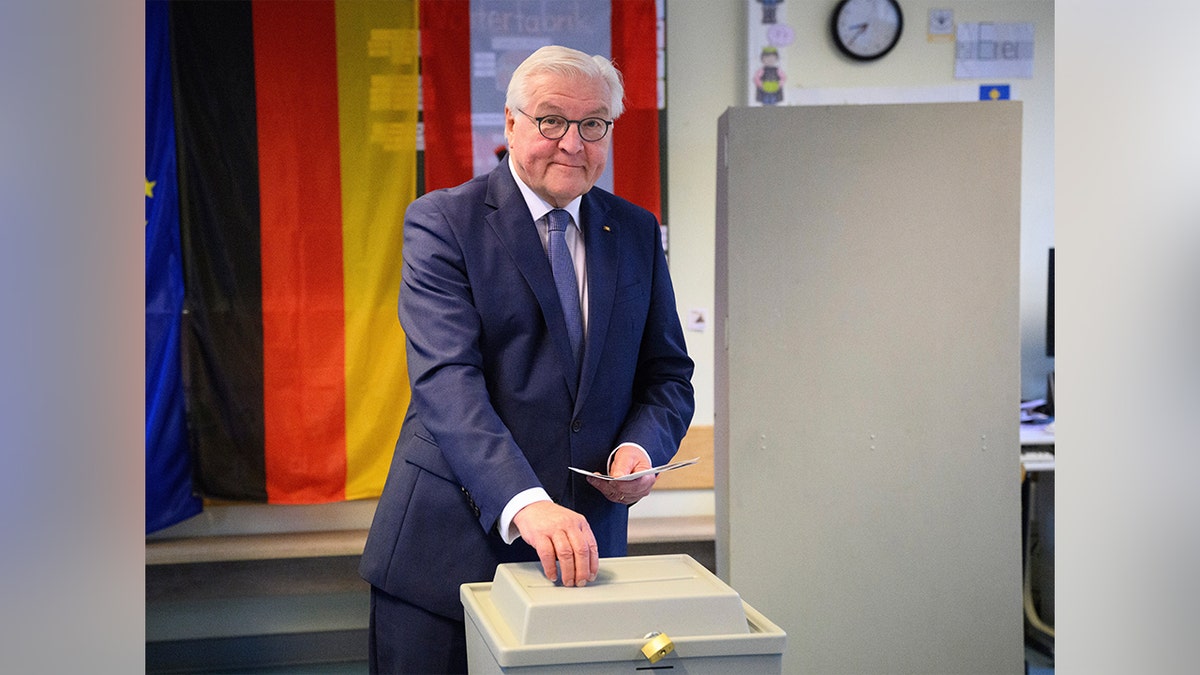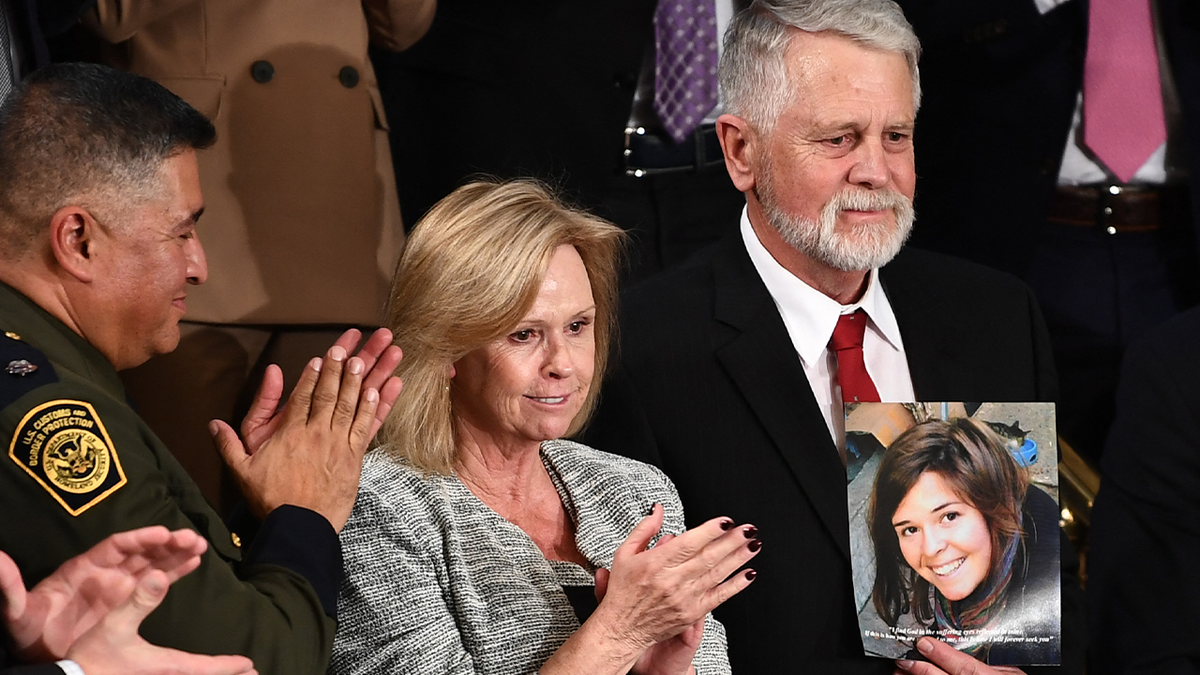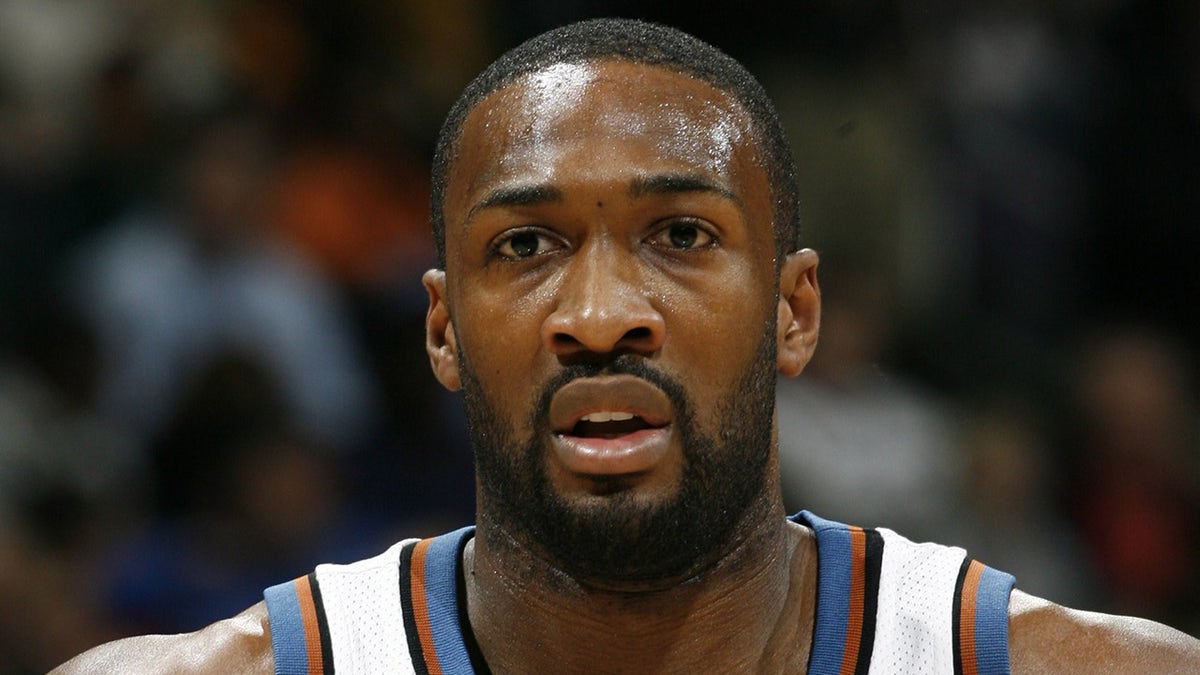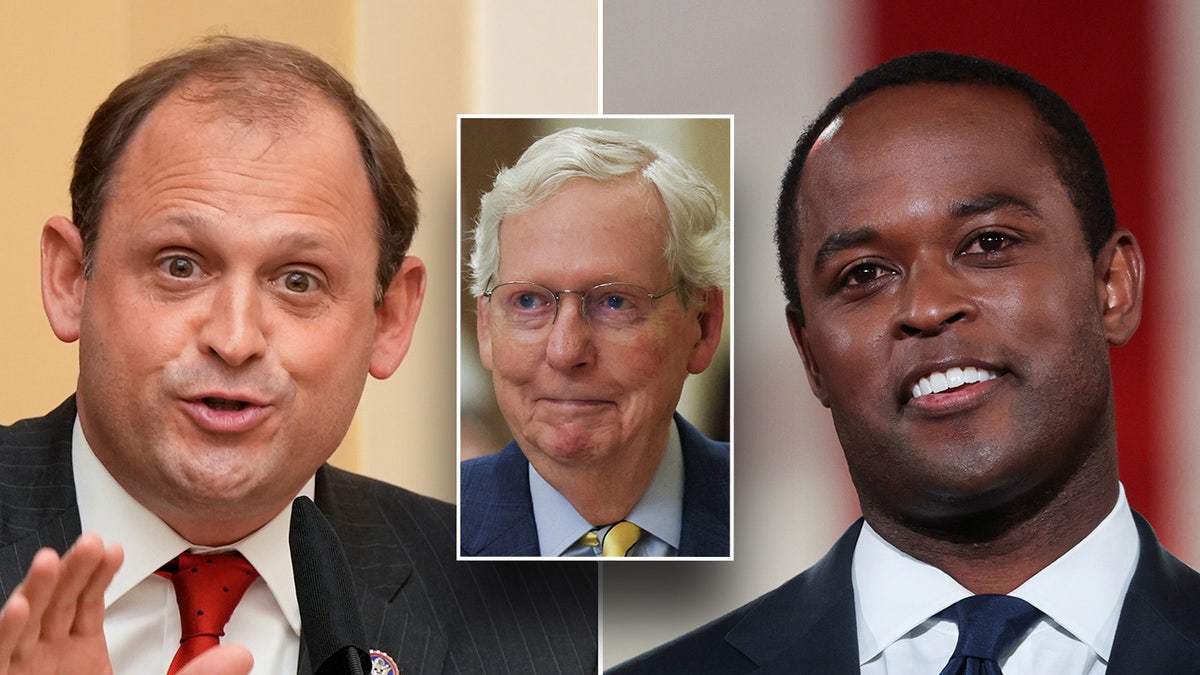Germany held its national election on Sunday, resulting in a victory for center-right opposition leader Friedrich Merz. Exit polls indicate a significant shift in the political landscape, with Merz's bloc taking the lead and the far-right Alternative for Germany (AfD) achieving its strongest showing since World War II. Chancellor Olaf Scholz acknowledged defeat as his center-left Social Democrats trailed in third place. This election carries significant weight given the current global climate, with Germany and Europe navigating the challenges posed by the new Trump administration, the ongoing Russia-Ukraine war, and broader security concerns.
Scholz admitted the election outcome was a "bitter" and "defeat" for his party. Merz, while claiming victory, acknowledged the substantial challenges ahead and pledged to form a governing coalition swiftly.
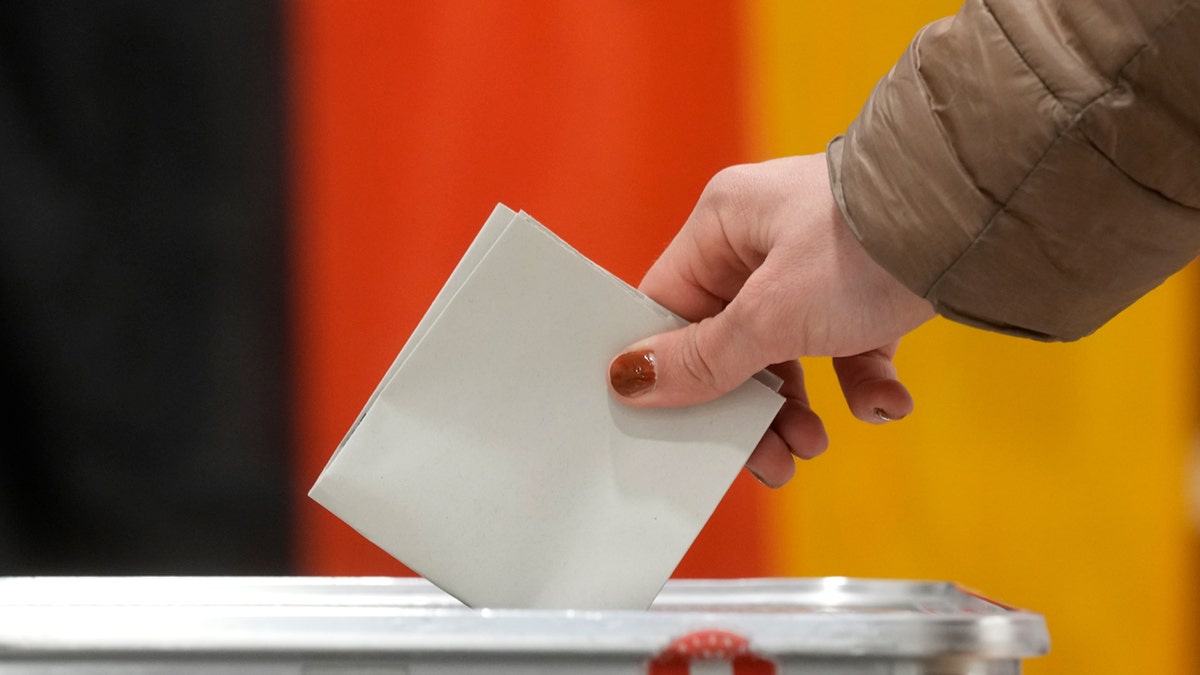
The election unfolded against a backdrop of economic concerns, anxieties about migration, and uncertainties surrounding Ukraine and the transatlantic alliance. The strong showing by the AfD reflects a growing wave of populism and dissatisfaction with the established political order.
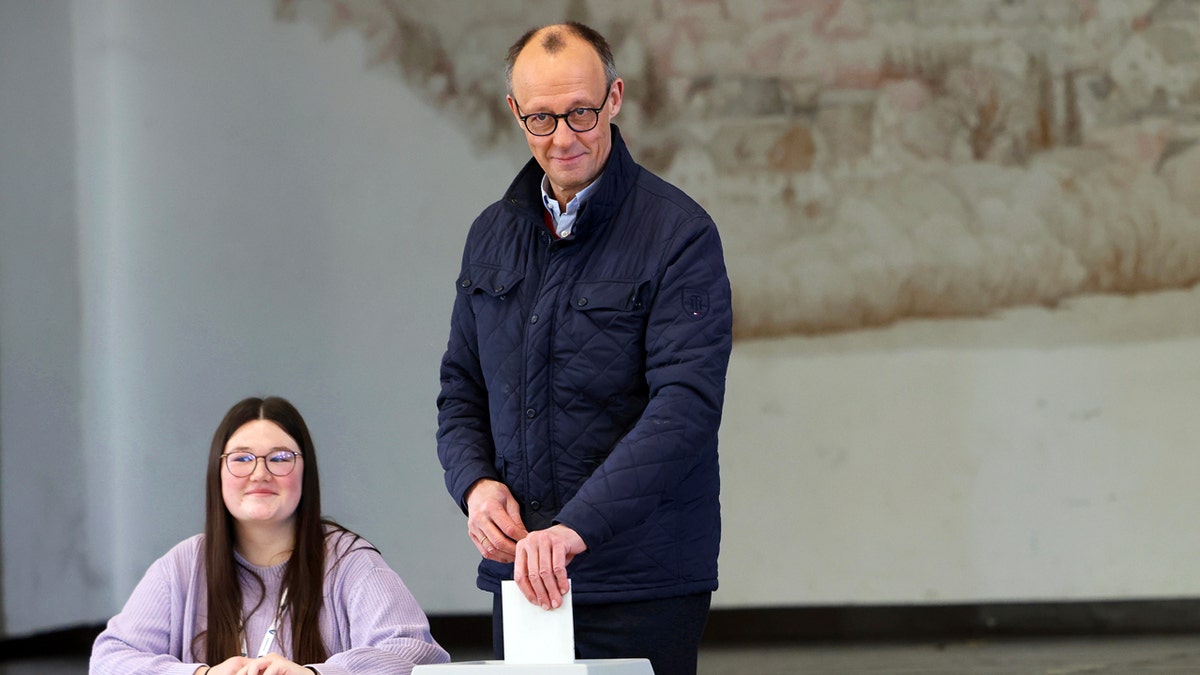
Pre-election polls highlighted worries about Germany's economic stagnation, migration pressures, and the evolving geopolitical landscape. The surge in newly naturalized German voters, many originating from Syria, adds another layer of complexity to the election's implications.
The formation of a new government is expected to be a complex process, with no fixed timeline. Merz has expressed his hope for a coalition by mid-April. The potential coalition partners and their respective political ideologies will play a crucial role in shaping the future direction of German politics.
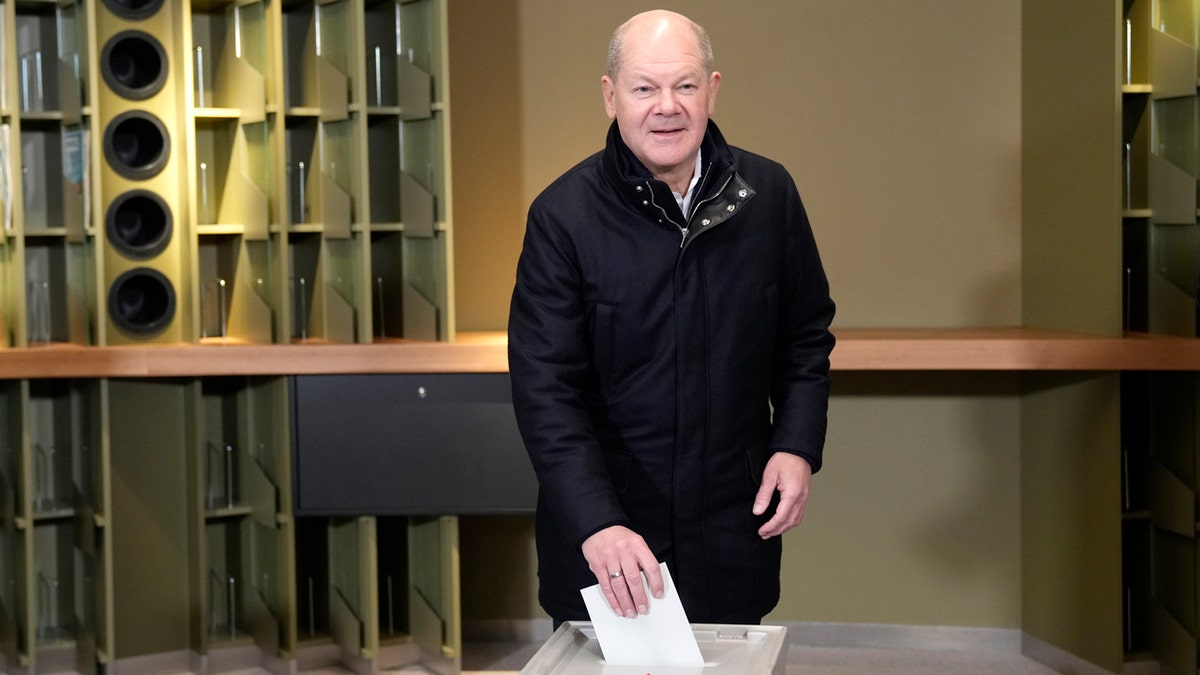
The stance of mainstream parties against collaborating with far-right entities, often referred to as a "firewall," adds another dimension to the coalition-building process. The AfD's rise has sparked debate and protests, with some accusing Merz of breaching this "firewall" through his policy proposals. The election's global significance is undeniable, given Germany's influence within the EU and NATO. The next government will play a pivotal role in navigating the transatlantic relationship, particularly in light of the new Trump administration.
